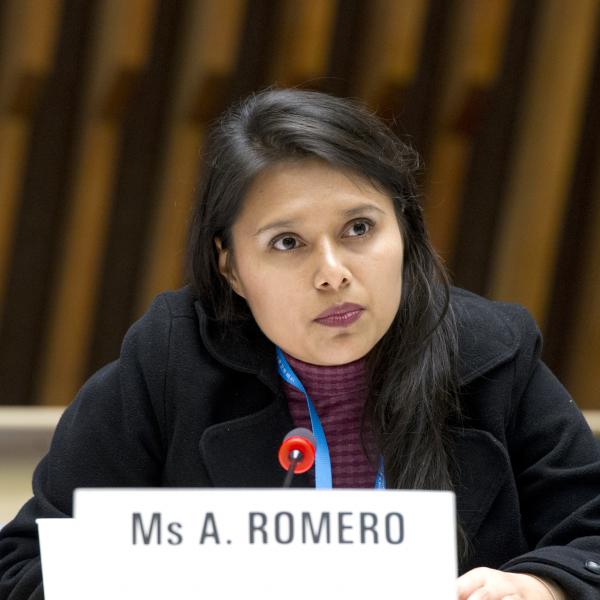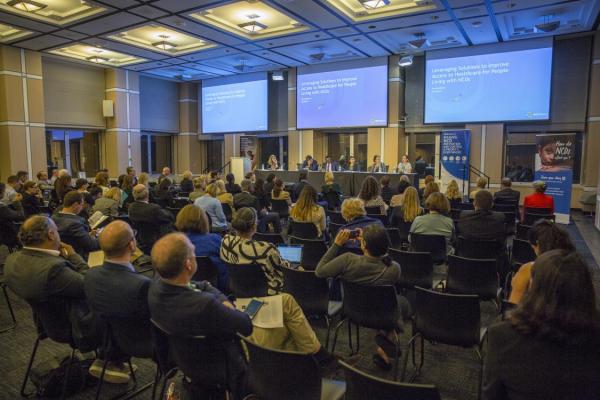-
Name: Abish Romero
-
Age: 28
-
Country: Mexico
-
Diagonisis: Breast Cancer
When I was 23 years old I had the opportunity to enroll in an exchange program to live and work in Boston. As part of the program, I had access to medical insurance with unlimited coverage through my employer…or so I thought. During my stay in Boston I was diagnosed with breast cancer but my insurance company told me that they would not cover my cancer treatment because it was too expensive. After this event, my visa and insurance were cancelled, and I was left without any option but to go back to México. This was a time full of uncertainty and fear about my future.
Fortunately for me, when I arrived in México I found a health system that provided full coverage for breast cancer treatment, through a public insurance scheme called Seguro Popular. Through this insurance I was able to undergo treatment without risking my financial stability. For the past four years I have benefited from having access to essential treatment, without out-of-pocket expenses or risking impoverishment. This context made it possible for me, as a young woman, to build expectations and plans for my future, which at the time I was first diagnosed I feared I could no longer achieve. I am now about to finish a Masters Program in Public Health at the National Institute of Public Health of Mexico.
I want to emphasize that the positive outcome to my story was made possible by a process of health reform that my country experienced in 2003. This reform expanded health coverage to poor sectors of the population, previously uninsured, and placed at its center the principle of financial protection. Today, in México there are thousands of people that have this protection, and I believe this is a case that should serve as a lesson to other middle-income countries to guarantee access to health care to all their population: access to treatment not only for common infections and reproductive events, but also for non-communicable diseases (NCDs), such as cancer .
In the end, everything I have gone through, and everything I have learned makes me value life even more, and I would like to motivate us all to work for a future where everyone who ever goes through a disease comes out on the other side alive and financially untouched.

